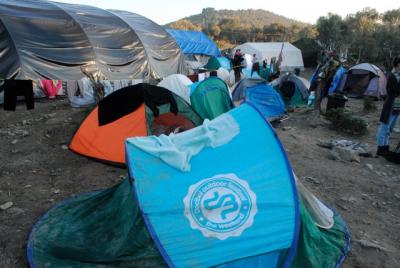The Mast-Head: Rise and Scrub
The Mast-Head: Rise and Scrub
It’s difficult to say yet whether the electric do-dad that was among the highlights of our middle child’s Christmas and Hanukkah haul was total junk or something really cool. What was clear was that when she lost a tiny and critical metal part at bedtime on Monday, crisis ensued.
An early riser, I had retired by that time, so I was only half awake when she came to seek help. I told her to go have a look around with a flashlight, maybe under the stove, where she had been working with the gadget, and if that didn’t work, I’d see what I could do in the morning.
Sometime around about 5:15 I heard Leo the pig jangling the kitchen radiator cover. He had been feeling poorly after eating a gingerbread house the day before, which had been my idea when the kids called me, bored and looking for something to do. So I had no one else to blame for what awaited me on the tile passageway floor.
That mopped up, I sat down at the table, where Evvy had left her device, a 3-D pen that extrudes melted plastic any which way, still missing the metal piece. Along the way I managed to down a cup of coffee and eat a reheated blueberry scone. That and the missing part put me in a cleaning mood.
I looked under the range’s burner plates, in the oven, alongside the refrigerator. Nothing. Then it was time to pull out the range itself, then the fridge, which meant sweeping up the various and sundry there and scrubbing the floor with water and ammonia. Aside from a notable collection of lint, a working calculator, 37 cents of good U.S. of A. money, and a few marbles, nothing of note was behind either appliance, and no metal part.
Having nicked a sloped portion of the kitchen ceiling while jogging the refrigerator out of its place, I next went down to the basement for a bit of sandpaper, wallboard compound, and a putty knife to begin its repair. Priming and painting would have to wait.
By then the sun was up, and as I swept up the last bits, I noticed what looked like a scrap of candy wrapper in the cabinet under the sink. There it was, the metal piece had been sitting in plain view all along. I slipped it back into the 3D pen, and headed to the office. No one in our household was even up when I pulled on my rain boots and headed outside, what felt like a full day’s work already done. The pig was still on his bed, looking somewhat the worse for wear.

